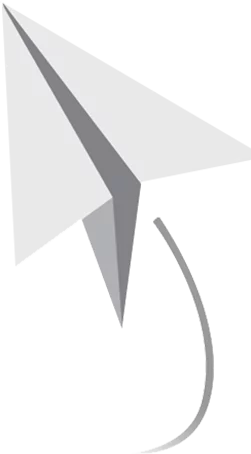Managing Your Retirement Savings Accounts in Kansas City
Effective management of retirement savings accounts ensures financial stability throughout your golden years. For residents of Leawood, Kansas, and Kansas City, Missouri, understanding required minimum distributions (RMDs), withdrawal strategies, and Roth IRA conversions is crucial.
Understanding Required Minimum Distributions (RMDs)
- What Are RMDs?
RMDs are mandatory withdrawals from certain retirement accounts, such as 401(k)s and traditional IRAs. - How Are RMDs Calculated?
The IRS determines your RMD based on your account balance and life expectancy. - Avoiding Penalties:
Failing to take RMDs results in a steep penalty of 25% of the required amount not withdrawn.
When and How to Withdraw from 401(k)s and IRAs
- Plan Your Withdrawals: Create a timeline for withdrawing funds based on your retirement expenses.
- Tax Implications: Withdrawals from 401(k)s and traditional IRAs are taxed as ordinary income.
- Spreading Withdrawals: Taking smaller, consistent withdrawals can help manage tax liabilities.
Converting Traditional IRAs to Roth IRAs: Pros and Cons
Pros:
- Tax-Free Growth: Roth IRAs grow tax-free, offering significant long-term benefits.
- No RMDs: Unlike traditional IRAs, Roth IRAs don’t require mandatory distributions.
Cons:
- Upfront Tax Liability: You’ll pay taxes on the converted amount.
- Impact on Tax Bracket: Large conversions may push you into a higher tax bracket.
When to Convert:
Converting during low-income years can minimize the tax burden.
Conclusion
Managing retirement savings accounts effectively ensures your wealth lasts throughout retirement. For personalized strategies in Kansas City and Leawood, consult a financial advisor familiar with local opportunities.



















